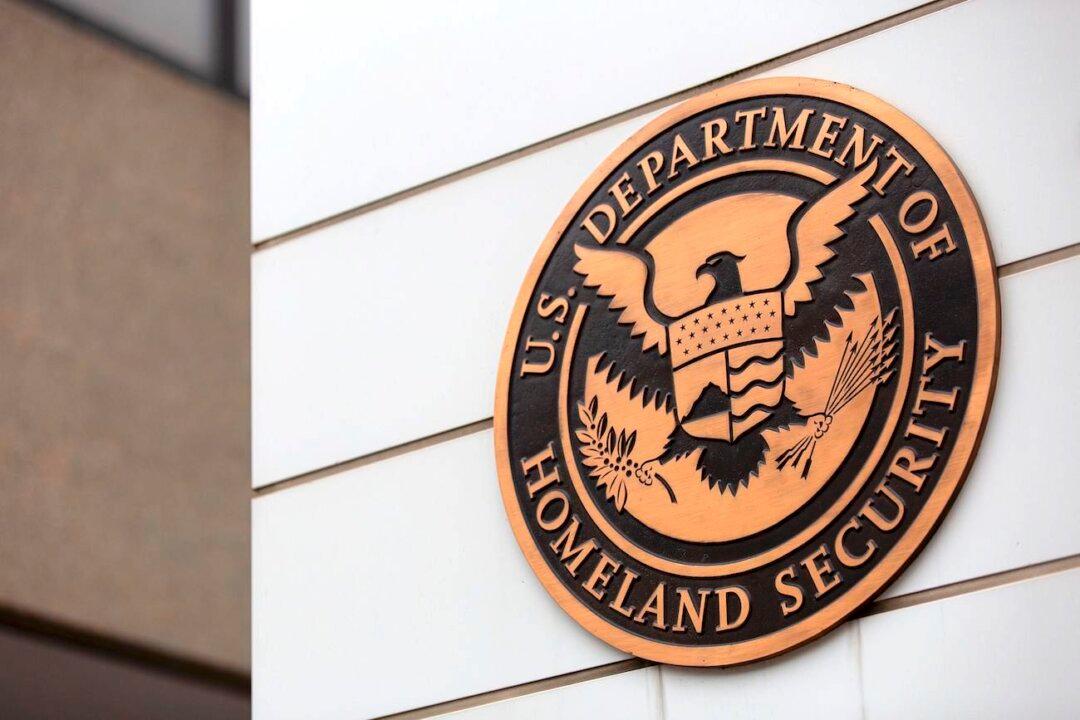The U.S. Department of Homeland Security (DHS) said on Sept. 28 that it’s pursuing nearly 1,700 leads of people living in the United States who were alleged perpetrators of war crimes, crimes against humanity, and other human rights violations.
The department confirmed the number of leads it’s pursuing in response to questioning by Senate Majority Whip Dick Durbin (D-Ill.) during testimony on war crimes before the Senate Judiciary Committee.




